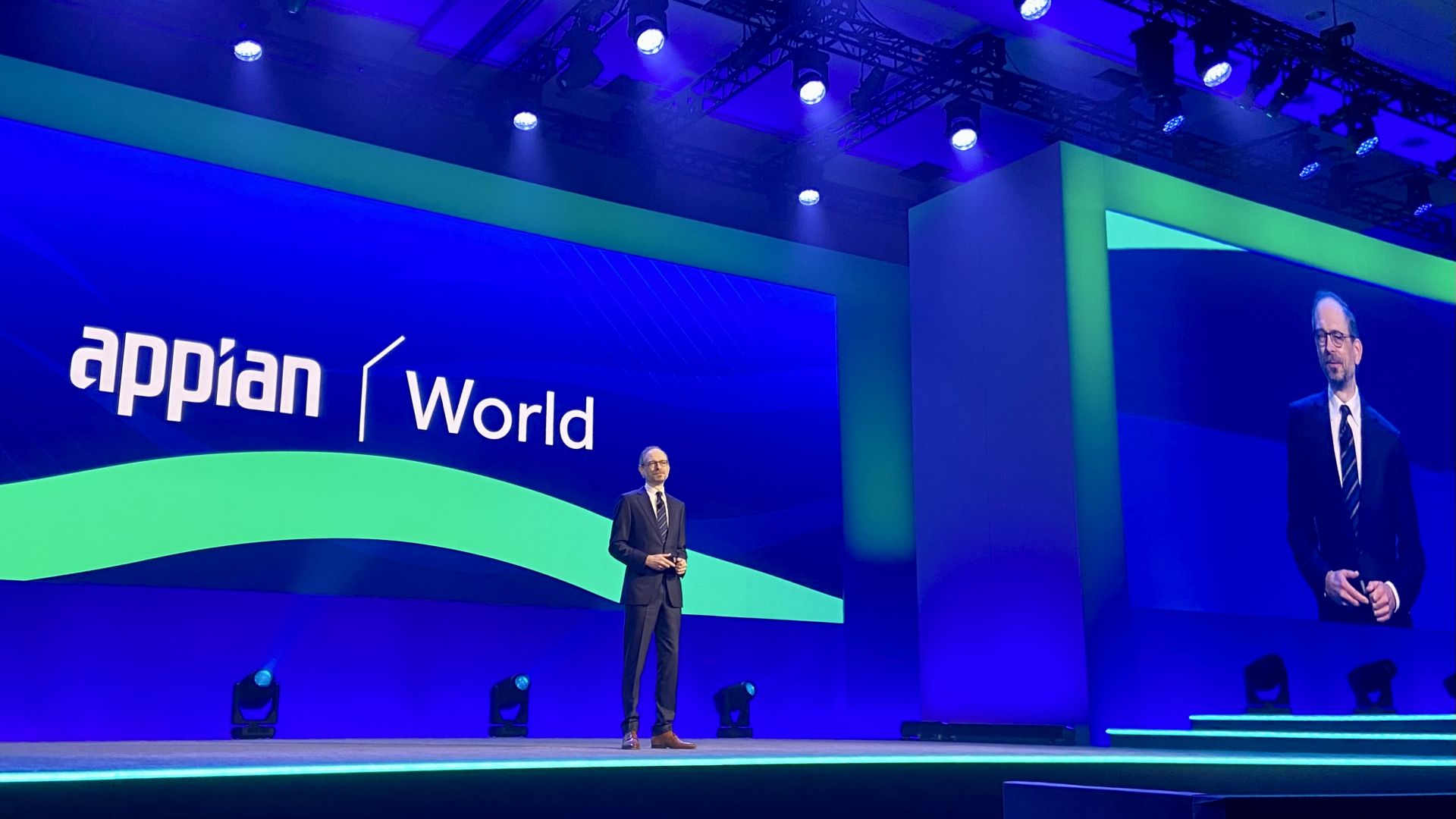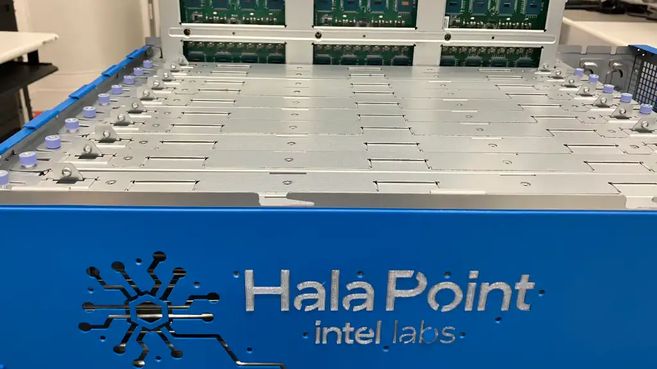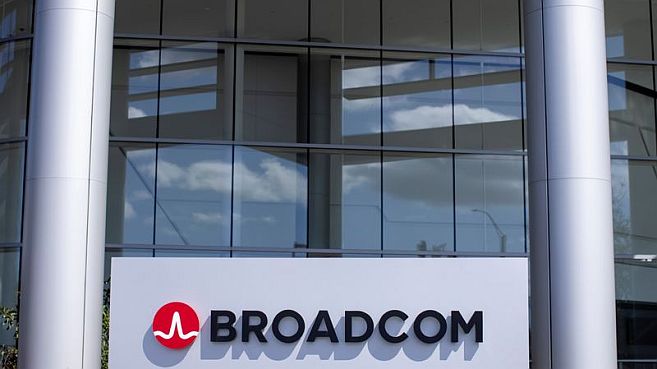
Until relatively recently, tried and tested ways of working have served the industry well. But now, as many well-established businesses are finding out fast, manufacturing is no longer simply about making and selling products. It’s about integrating end-to-end operations across the entire enterprise ecosystem to anticipate what customers want, quicker and cheaper than the competition.
As well as reinventing traditional business drivers, ‘disruptive’ new technologies are also generating totally new drivers for manufacturing companies. Gartner predicts that by 2020, seventy per cent of all customer touch points will be digital. Emerging drivers also include the growing pressure for product quality, traceability and transparency and demands for increasing levels of service. The need to grow markets is leading companies into new areas of business – often into new industries – where they have to rethink supply chains and product strategies.
Take, for example, enterprise expansion strategies – globalisation is about shifting systems to different places in the world to where the future consumer is, and building new networks of supply chains and alliance partners.
Think about data too, for a moment. Data is both a huge challenge and opportunity – a big risk and a goldmine of vital information. We need to protect data and also turn it into intelligence that can help a business make great decisions for its future marketing and manufacturing strategies.
These trends, along with evolving customer and consumer needs, create enormous complexities for businesses’ operating models. Transformational technologies from HPE enable these metamorphic changes by simplifying the complexities and at the same time, give businesses access to tremendous new opportunities. They’re connecting plant, processes, products, people, customers and consumers, giving manufacturers the insight to convert concepts to value faster with streamlined, vastly more efficient operations, reduced costs and increased speed to market.
Hewlett Packard Enterprise calls this digital revolution ‘Connected Manufacturing’. It’s how we describe this new era of manufacturing, where everything is connected – operational technology, information technology, communications and consumer technologies.
Connected Manufacturing is giving OEMs the power to better understand what the consumer wants, the power to sell into new and emerging markets and the power to bring innovative products and services to market faster – and with greater productivity and flexibility comes the ability to meet market demand and boost profitability.
To stay ahead in manufacturing today, you must become the master of innovation, integrating digital technology with business strategy and creating demand as well as anticipating it. In other words, adapting to succeed.
A great example of a business where the use of technology is literally a matter of life and death, is Philips Healthcare. Facing the gargantuan task of collating, processing and analysing 800 million clinical studies across 31 counties and involving thousands of data centres, HPE worked with Philips to create an environment that integrated on premise, traditional IT with the new world of the Cloud. We worked with Philips to create a ‘hybrid’ IT infrastructure that seamlessly connects service providers with patients. Watch this video to find out how our collaboration with Philips Healthcare transformed their IT environment.
It’s clear that the future belongs to the fast and the brave – those who embrace digitisation quickly will be able to focus on running and growing their businesses. I truly believe that a company’s ability to adapt to connective manufacturing processes will ultimately define those who survive and thrive.
To hear more of Martin’s views on how digitisation is transforming the manufacturing industry, watch his interview with Helen Beckett, Editor of the Business Value Exchange, at HPE Discover in London.























